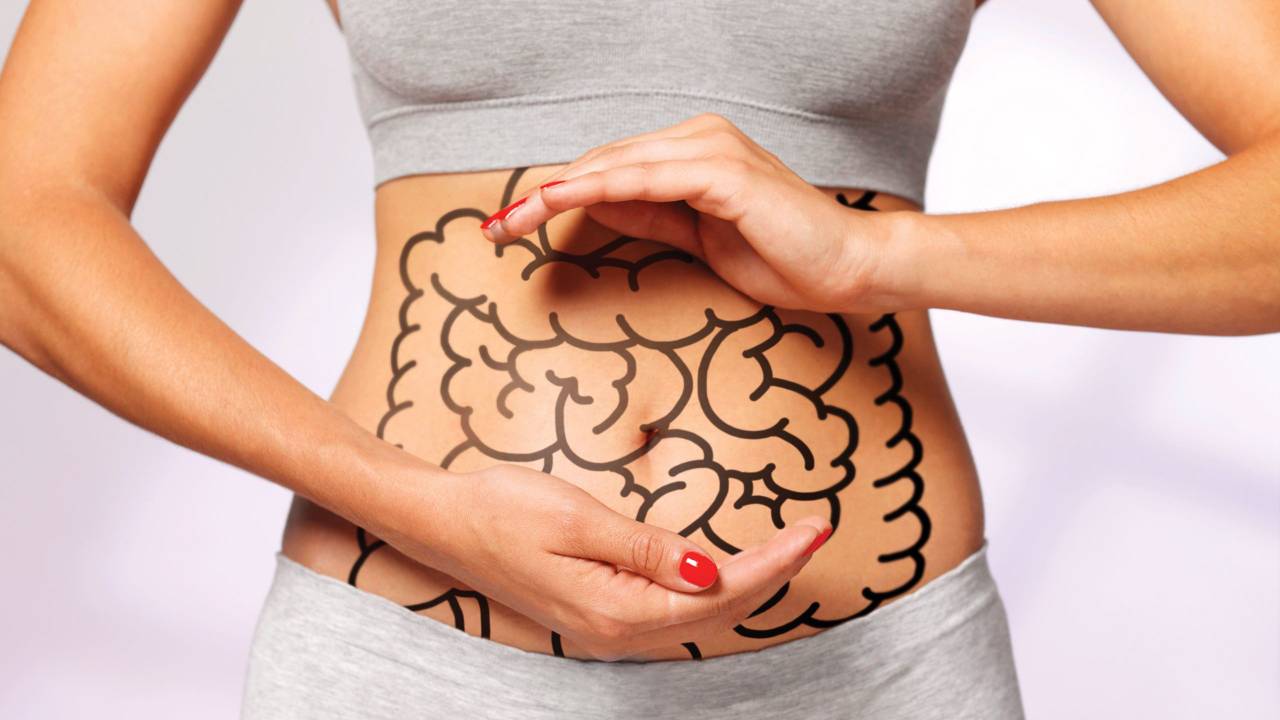
Hormones are chemical messengers that coordinate different functions in your body including metabolism, sleep, reproduction and our mood. The play a huge role in our overall health hence when they become imbalanced we can experience many different symptoms
Common signs and symptoms of a hormonal imbalance
- UNEXPLAINED weight gain
- Fatigue
- Large swings in mood
- Muscle weakness
- Increased hunger
- Dry skin
- Dull hair (thinning hair too)
- Decreased sex drive
- Constipation, irregular bowels
As always if you suspect you may be experiencing a hormonal imbalance it is recommended to go see your GP or Doctor to get bloodwork done to confirm this.
Its becoming very common to speak about hormones as one blanket term when in reality there are over 50 hormones in a human body.
So knowing which one(s) are imbalanced is VERY important to understanding how to treat and get them regulated again
Why can our hormones become imbalanced?
There are many different reasons why our hormones can become imbalanced, again depending which ones specifically are impacted
Common reasons
- Stress
- Medications
- Injury or trauma
- Eating disorders
- Prolonged poor sleep
- Prolonged excessive dieting
- Pregnancy
- Menopause
Depending on your specific hormonal imbalance natural remedies may not be the most suitable choice. So like myself and my team of dieticians and nutritionists always teach our clients: GET TO KNOW YOUR BODY
Everyone is different – everyone’s body is different
GET TO KNOW YOURS
Like advised already, how you treat your hormonal imbalance will actually depend on what hormones are out of sync
Ways to Balance Your Hormones
Below are some of the most common ways to regulate hormones
Losing weight.
If you are overweight and have a problem with your hormones then a reduction in weight can help with your body’s regulation of hormones. Remember, one of the symptoms of hormonal imbalances is excessive dieting so losing weight in a healthy way is key to improve your overall health

Stress management.
Stress causes a huge array of health problems so regardless if you have a hormonal imbalance or not you should focus on developing stress management tools. The best stress management are small things you can do in your life continually. People usually try and do larger actions like yoga, pilates, retreats etc and yes these are great but some people struggle to stay consistent to these inside busy lives
2 of the most effective stress management tools we implement with our clients are
SILENT time
Walking
Very easy to fit inside busy days and extremely effective. “Silent time” is exactly what it says on the tin – silent time. A little pocket in your day where you switch off the world, switch off from all the “hectiness” of life and just be
This could be your morning coffee alone in silence (not scrolling your phone, not while checking emails – SILENT) before your day starts
It could be a 10min pocket during your day of people watching, sitting somewhere in silence, alone with just you and your thoughts
It could be switching the world off for a bubbly bath at the end of a long day
SILENCE – its a powerful gift to give yourself each day
And walking – we specialize in working with very busy individuals so I don’t mean super long walks – I’m referring to short walks, WHATEVER is realistic for you
That 20min walk at lunch to destress the mornings hecticness
That 15min walk to unwind after a long day and get good endorphins going compared to slumping straight on the sofa and finding comfort in food
Perhaps a quick morning walk to help ease yourself slowly into a busy working day – getting that morning sunlight also helps with energy levels and sleep quality so you are tripling up with the health benefits with this one!!

Looking after your GUT HEALTH
Your gut is responsible for MANY bodily functions and not just digesting our food. Producing microbiomes to regulate our hormones is one of these functions. For most of our clients we need to spend time optimizing their gut health for many reasons
- Poor overall energy levels. When a client comes to me with low energy their gut is the FIRST place i always look, even ahead of their sleep quality
- Inflammation from stress. Stress in flames our intestines so for women who live high stressful lives they can struggle with bloat as a direct result of stress in their gut
- Hormone regulation
Are there certain foods that help with hormones?
Yes – HOWEVER, as many clinical studies have shown, specific foods help minimally compared to your overall lifestyle
So it doesn’t matter if you are eating spinach for example if your overall diet, sleep, water intake and exercise are all neglected!
- A balanced diet (one with adequate protein)
- GOOD SLEEP HEALTH (not just sleeping 7-8 hours but actually quality sleep)
- Drinking water
- Regular exercise
These will outplay any certain food choice you make for hormone regulation
Think of it as pyramid – the above 4 things are the foundation of that pyramid and supplements or specific food choices are at the top.
They are pointless if you remove the core foundation level of the pyramid
The below minerals and vitamins are a great addition to your balanced diet to help aid hormone regulation
Magnesium
Magnesium is great to treat most hormonal imbalances – from PMS, PCOS, adrenal fatigue, menopause and cortisol. If you live a very stressful life or struggle with stress you are more than likely deficient in magnesium because when stressed our bodies excrete magnesium to help our body handle the “fight or flight” signals stress puts our body in. Hence, a LOT of people become deficient in magnesium.
You can get magnesium from foods (a few are listed below) but you can also use things like
- Epsom salts in your bath
- Magnesium creams for your skin
- Magnesium sprays for after your shower
Foods sources: Whole grain carbohydrates (just another reason why women who completely cut carbs suffer with health issues longterm), dark leafy veg, pumpkin seeds, almonds, chia seeds and spinach
Vitamin B
I usually don’t recommend taking supplements as for MOST people they can get adequate amounts of the mineral from a well balanced diet however there are 9 different B vitamins, so if you have issues your hormones then adding a Multi B vitamin to your diet will be beneficial (again, consult with your doctor or a registered dietician for advise, you can use the below to book a health consultation with myself or one of my registered dieticians to discuss your hormone health)
B vitamins are key for the creation of adrenal hormones, they also help with our brain health. Vitamin B also helps our body to produce estrogen, a reason why we include vitamin B6 especially in our menopausal clients nutrition
Food sources: salmon, sunflower seeds, Turkey, chicken, spinach, kale, eggs

Vitamin D
Regardless of your hormone health, around 41% of americans are deficient in Vitamin D impacting their mood, sleep and overall energy
So including foods tgat are high in vitamin D is key to help overall wellbeing
Vitamin D is actually a hormone that communicates with other hormones
Food sources: Fatty fish, red meat, eggs, fish liver oils and some cheeses are high in vitamin D





